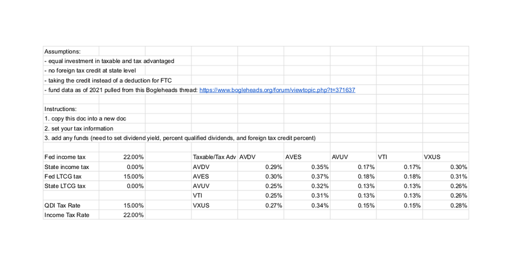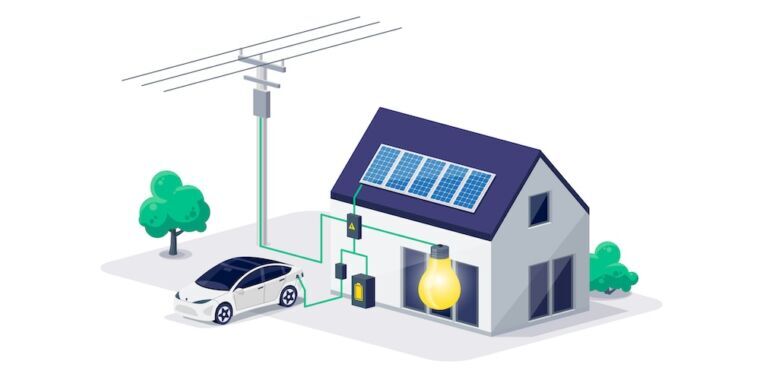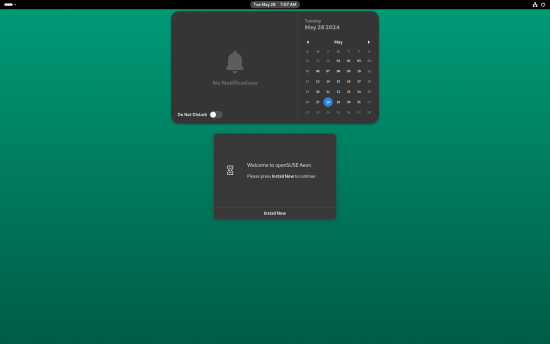

AI will replace a lot of jobs
It’ll also create jobs. That’s what new technologies do. We’ve been using robots in the auto manufacturing industry, which replaced lower skill (and lower paid) jobs with higher skill (and higher paid) jobs.
If we ever get to the point where AI is more than a meme, in software development this means we’d end up with more architects and fewer “code monkeys,” so instead of working with syntax, they’d work with systems diagrams, and software engineering might look more like how CPU design works today (nobody works with individual gates anymore).
Like other times in history, the transition may be painful. Those who adapt will thrive, and those who don’t will chase fewer and fewer jobs.
They are also hurting public education, public information systems, grant programs, and anything not geared toward private profit
I assume you’re talking about the current administration in the US here. I think most of this is temporary since it’s largely being done via EO instead of legislation. Some of it I agree with, most of it I don’t.
Robots are being used for war more and more
Yeah, it makes war into even more of an economic battle than it was previously. I’m on the fence on the one, on the one hand, it should mean less death, but on the other hand, ruthless countries could use it to terrorize innocent people. But they do that regardless (see Russia in Ukraine and Israel in Gaza).
what is to stop them from being used on the population if protests occur contrary to wishes of the powerful
Presumably the rule of law.
It has slowed the addressing of the climate crisis
Eh, the climate crisis is a lot more controversial. Even if we agree on what the solution is, the economic impact needs to be considered to not ruin economies during the transition. Also, the countries most interested in making changes are not the main contributors, so why ruin your economy if your competitor won’t and will end up winning in trade due to less climate investment.
Open source projects prove the advances would have happened either way
While I’m a huge proponent of FOSS, I don’t think this is true. Most contributions to large FOSS projects are by full time employed devs, say people at RedHat, Google, etc.
Profit motive does a lot to focus development on things that sell. And companies like saving money, so a lot of propriety projects use FOSS components and even upstream changes to reduce their own workload.
FOSS projects are generally developed by a for profit company and released for the community to maintain. Look at projects like React, it started as an in-house tool and then generalized to something the community could use and maintain. Most of the more popular projects started that way.
UBI
I support something like UBI to encourage more entrepreneurialism from those who don’t have the skills needed to secure investment. I’d like to lower the bar for people to pursue their passions so we get even more cool stuff.
Capitalism is at the heart though, and profit is usually a necessary ingredient to turn an idea into a product. Without that motivation, it’ll remain a perennial personal project and likely go nowhere.
is like nothing humanity has dealt with before
I don’t think that’s true. Look at Standard Oil and other mega companies of the past, and look at kings and emperors before that.
I think it’s pretty much the same as always, just with bigger markets and more transparency.
Capitalism is just a bad system because it gives too much control to a minority of individuals over society.
I don’t think that’s true. Democracy sounds like a great idea until you take a closer look. At one extreme is Hitler, and then there are people like Trump that are somewhere on the bad part of that spectrum.
I think government works best when it’s separate from the economy. You think things are bad now? Let people like Musk and Bezos run the government and we’ll see what bad really looks like. Or even worse, give Trump complete control of the economy.
People will elect populists, and populists are the worst people to run an economy.
I think politicians should be as removed from the economy as possible. Limit what they can do and you’ll limit the effectiveness of lobbying efforts. Things like antitrust shouldn’t be defined by legislatures, but by juries setting precedent. Have the legislature lay the ground rules and courts flesh out minutia. Instead of that, we currently have executives setting policy, and that’s worse than both.
Democracy works well on smaller scales, like in a company. For anything larger than that, we need representatives, and the larger scale that gets, the more likely they’ll give in to corruption.




















I guess we’re opposites then.
I believe in prioritizing personal liberty, which means encouraging our worst instinct of greed and channeling it for the betterment of society. I believe wealth redistribution needs to be a core part of that to help those who fall through the cracks and ensure everyone can live with dignity, but that inequality is essential to properly motivate people to be productive.
I believe in georgist and related tax policies, meaning:
Basically, you pay for the resources you exclude others from using, and you return the majority of it upon death. Society as a whole owns those resources, so this works as a form of rent paid to the people.
Government regulation should be minimal, and governments should only step in for things like anti-trust. Most “regulations” should be precedent established by the courts with a jury, whether through lawsuits against individuals within a corporation or the corporation as a whole (latter should be more rare).
I believe this system does a good job at correcting the negatives of capitalism while preserving its benefits.